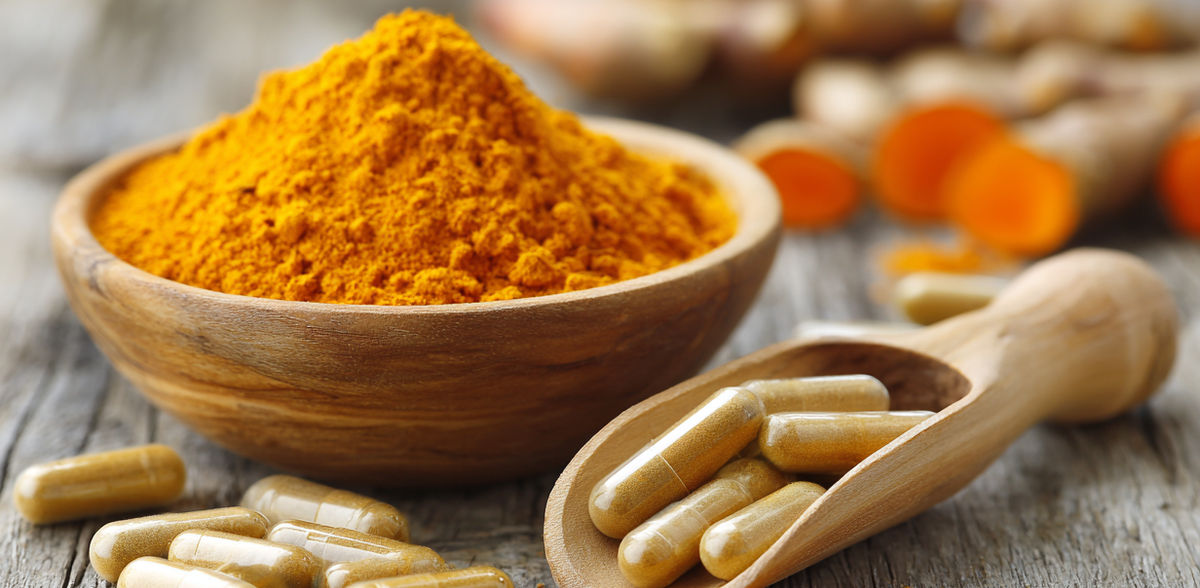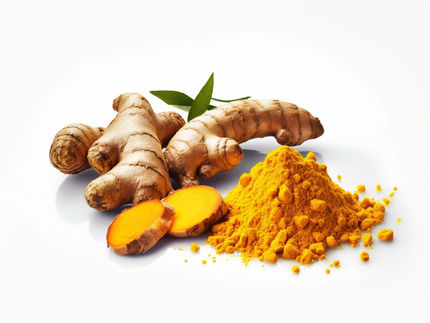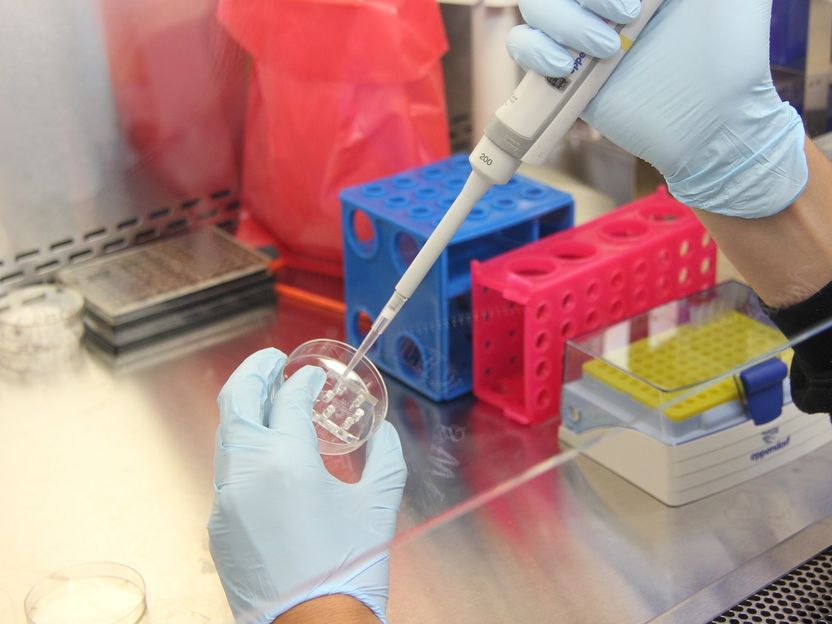Risks for offspring from curcumin supplements?
Curcumin could have transgenerational effects that have been little researched to date
Advertisement
curcumin, a bioactive ingredient in turmeric, is said to have a variety of health-promoting effects. There are now a number of different curcumin supplements on the market, which are also heavily promoted by influencers as dietary supplements on social media. In addition to its anti-inflammatory and anti-oxidative effects, curcumin also has epigenetic effects. These are reversible chemical changes to the DNA or the proteins that package the DNA, known as histones. These changes can have an influence on gene expression - and they can be passed on to the next generation without changing the genetic information itself. A research team from Giessen has now investigated how curcumin supplementation in a model organism affects the offspring: Fruit flies show a negative effect.
The researchers used the fruit fly Drosophila melanogaster as a model and fed it different amounts of curcumin. They were thus able to show that Curcumin mediates its effects both in a sex-specific and dose-dependent manner. Both the female and male parent animals benefited from curcumin supplementation. They showed increased climbing activity and lived longer. This was not observed in their offspring, which only received the control feed without curcumin. On the contrary, the offspring of curcumin-supplemented mothers showed a significantly shorter lifespan. The offspring of curcumin-supplemented fathers also showed a shortened lifespan - but only in the female flies.
Even if the results obtained with fruit flies cannot be directly transferred to humans, they provide important information: Curcumin could have transgenerational effects that have been little researched to date. "There are currently hardly any systematic studies investigating the potentially negative effects of curcumin or other bioactive substances on the next generation," says Prof. Dr. Anika Wagner from the Institute of Nutritional Science at JLU. "This underlines the urgent need for further studies to understand the underlying mechanisms and to clarify possible harmful effects of dietary supplements."
Note: This article has been translated using a computer system without human intervention. LUMITOS offers these automatic translations to present a wider range of current news. Since this article has been translated with automatic translation, it is possible that it contains errors in vocabulary, syntax or grammar. The original article in German can be found here.



























































